A three-judge panel of the US Court of Appeals for the District of Columbia (US) heard two hours of arguments regarding the lawsuit filed by TikTok and ByteDance in May to prevent the law banning the TikTok application in the US from taking effect.
Justice Department attorney Daniel Tenny emphasized the US government's position that TikTok, which is owned by a Chinese company, poses a national security threat because it has access to vast amounts of personal data on Americans. Mr. Tenny asserted that China could secretly manipulate information that Americans use through the TikTok app.
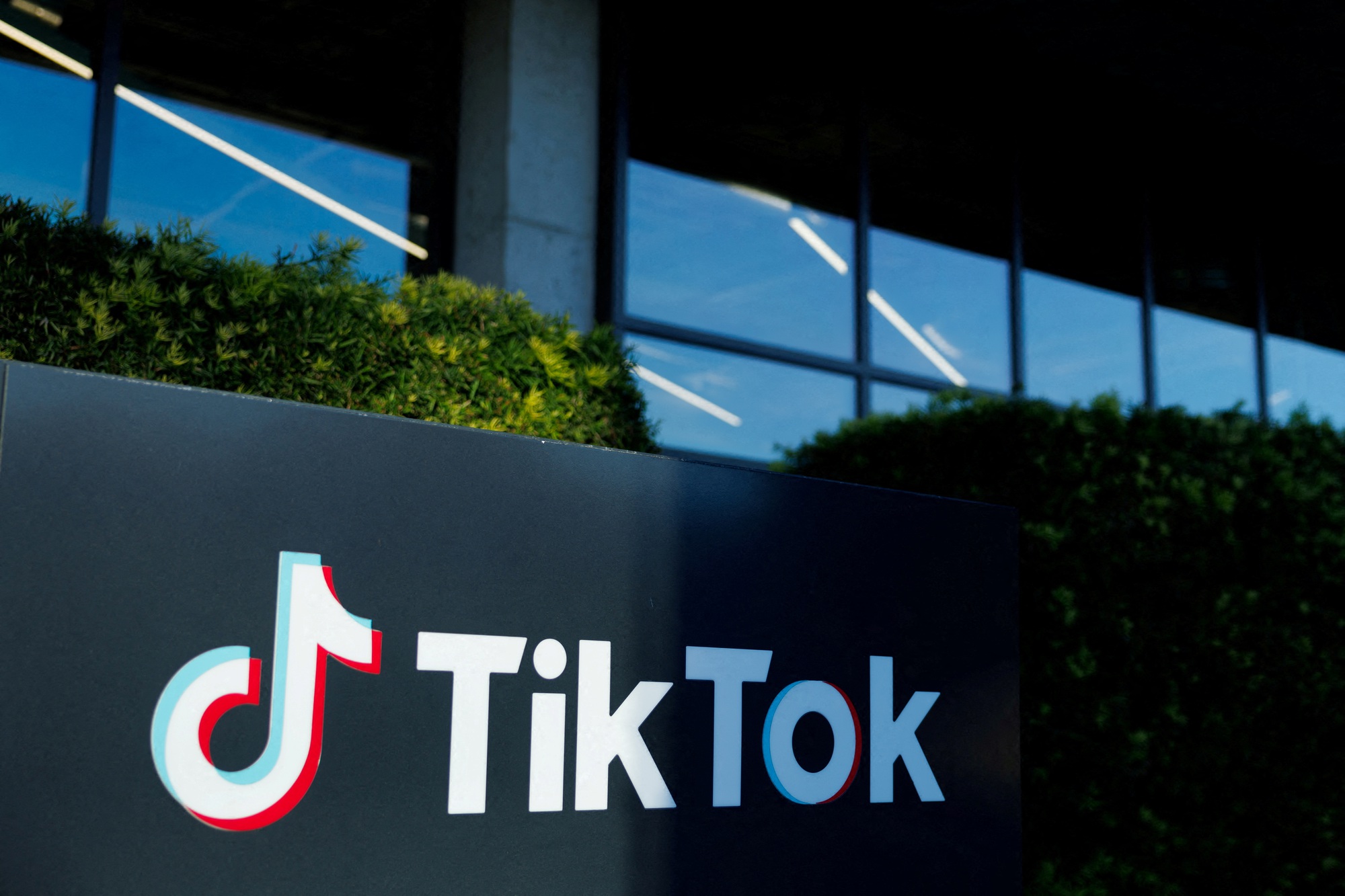
Outside TikTok's office in California, USA
Meanwhile, TikTok and ByteDance lawyer Andrew Pincus said the US government has failed to prove that TikTok poses a real risk to national security. He added that the law banning TikTok goes against the US First Amendment on freedom of speech.
In April, the US Congress passed a law, signed by President Joe Biden, giving ByteDance until January 19, 2025, to sell or divest TikTok's US assets or face a ban. TikTok currently has more than 170 million users in the US.
"This legislation is unprecedented and its impact will be staggering. For the first time in history, the US Congress... is denying 170 million Americans the opportunity to speak up," Mr. Pincus said.
The lawsuit argues that if the law is enforced, it would allow Congress to circumvent the First Amendment by invoking national security and ordering any publisher of a newspaper or website to sell or face closure.
Attorney Daniel Tenny defended the law, saying: "It's ridiculous to think that with 2 billion lines of code - 40 times the size of the entire Windows operating system, changing 1,000 times a day - we would somehow find out they changed it. There's so much going on in China that is so outside of the control of the United States that it poses a serious risk to national security."
Justice Neomi Rao said many of TikTok's arguments appeared to want the court to treat Congress as an executive branch, rather than a legislative body that "actually passed the law." Meanwhile, Justice Douglas Ginsburg questioned ByteDance's position on whether the law banning TikTok was any different from existing US law that prohibits foreign ownership of broadcasting licenses.
Judge Sri Srinivasan posed a hypothetical question to Pincus: If the United States were to go to war with China, could Congress ban foreign ownership of major media outlets operating in the United States? Mr. Pincus said it could, but Congress did not cite that reason in the law that was passed.
If ByteDance fails to sell TikTok, the social media app will be banned from Apple and Google's app stores. President Biden could extend the deadline by three months if he certifies that ByteDance is making progress on selling TikTok.
TikTok and the US Department of Justice asked the court to issue a ruling before December 6, which would allow the US Supreme Court time to consider any appeals before the ban takes effect.
Source: https://thanhnien.vn/hai-tieng-cang-nhu-day-dan-cua-tiktok-tai-toa-an-my-185240917073926123.htm



![[Photo] General Secretary To Lam receives US Ambassador to Vietnam Marc Knapper](https://vphoto.vietnam.vn/thumb/1200x675/vietnam/resource/IMAGE/2025/9/29/c8fd0761aa184da7814aee57d87c49b3)
![[Photo] General Secretary To Lam attends the ceremony to celebrate the 80th anniversary of the post and telecommunications sector and the 66th anniversary of the science and technology sector.](https://vphoto.vietnam.vn/thumb/1200x675/vietnam/resource/IMAGE/2025/9/29/8e86b39b8fe44121a2b14a031f4cef46)
![[Photo] General Secretary To Lam chairs the meeting of the Central Steering Committee on preventing and combating corruption, waste and negativity](https://vphoto.vietnam.vn/thumb/1200x675/vietnam/resource/IMAGE/2025/9/29/fb2a8712315d4213a16322588c57b975)
![[Photo] Many streets in Hanoi were flooded due to the effects of storm Bualoi](https://vphoto.vietnam.vn/thumb/1200x675/vietnam/resource/IMAGE/2025/9/29/18b658aa0fa2495c927ade4bbe0096df)
![[Photo] National Assembly Chairman Tran Thanh Man chairs the 8th Conference of full-time National Assembly deputies](https://vphoto.vietnam.vn/thumb/1200x675/vietnam/resource/IMAGE/2025/9/29/2c21459bc38d44ffaacd679ab9a0477c)


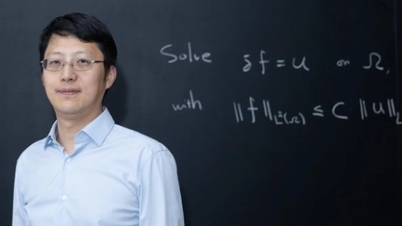





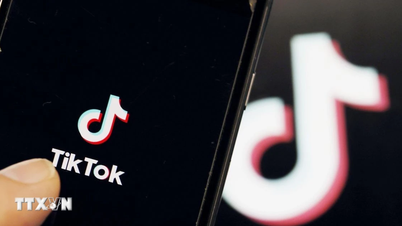

































































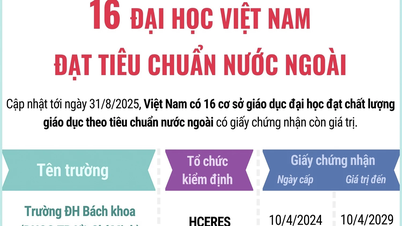


















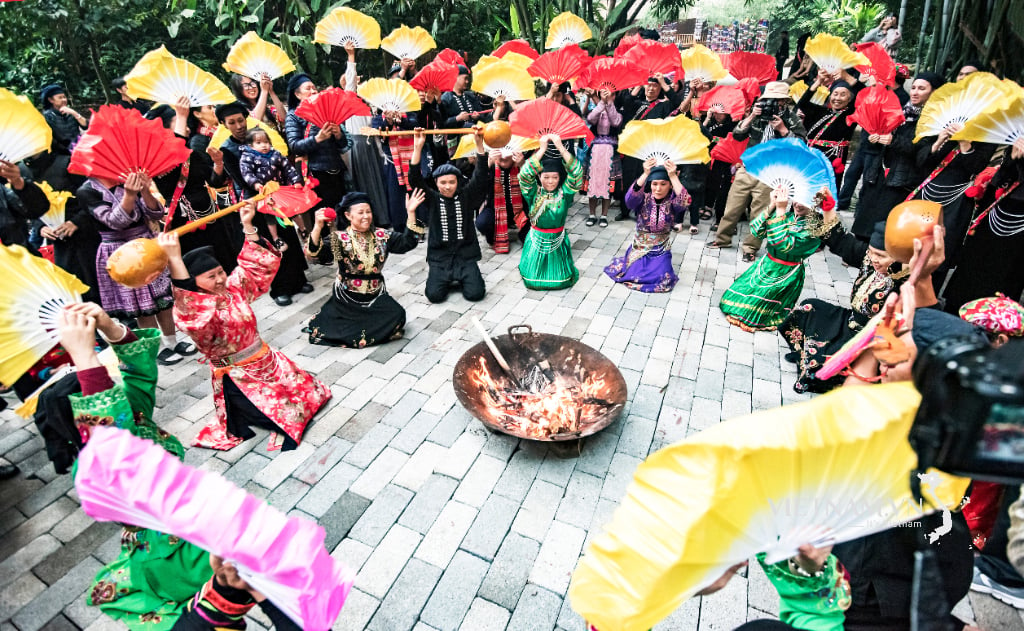

Comment (0)